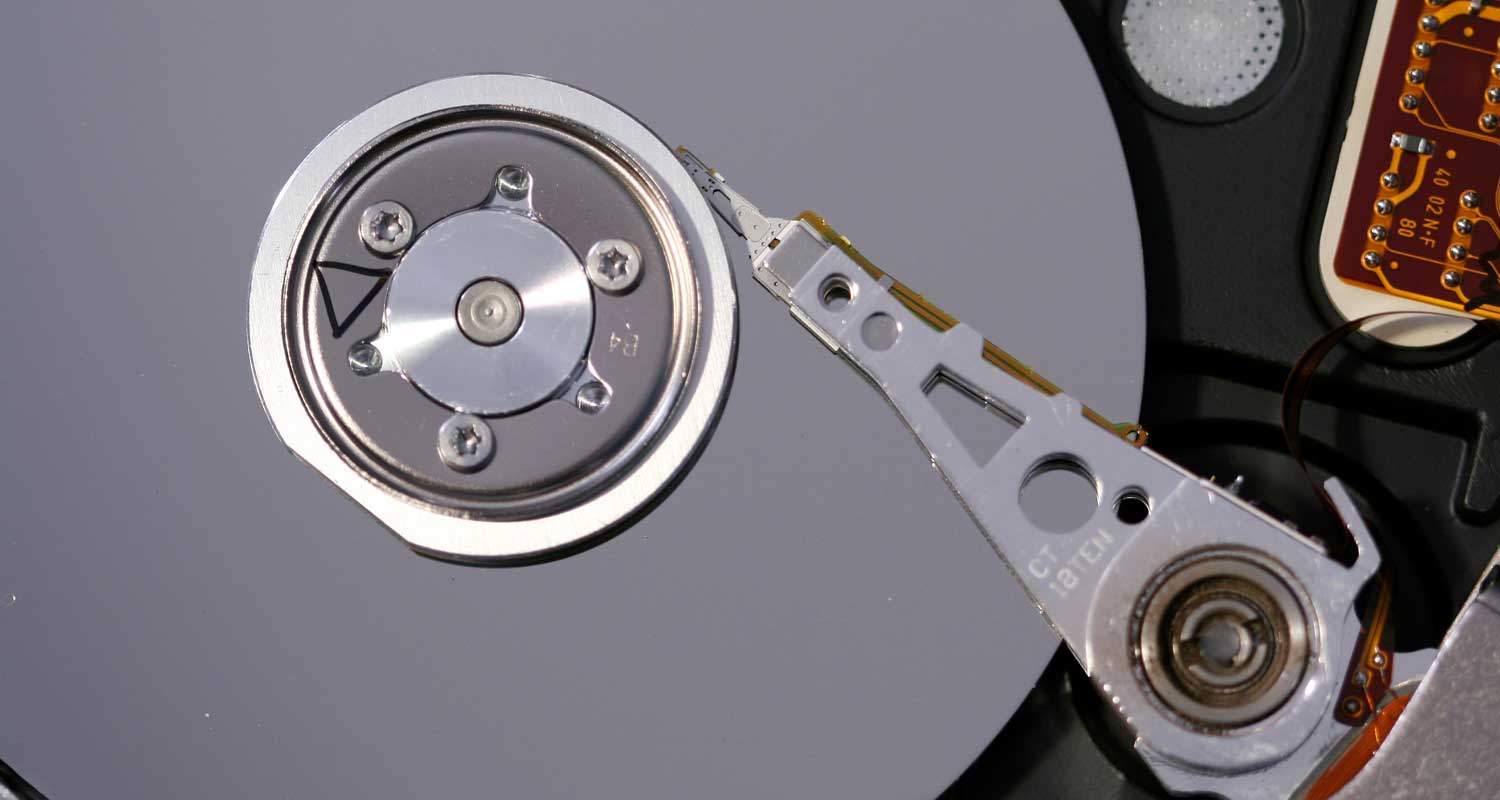 Seagate Technology Holdings has agreed to pay a US$300-million penalty in a settlement with US authorities for shipping over $1.1-billion worth of hard disk drives to China’s Huawei in violation of US export control laws, the department of commerce said.
Seagate Technology Holdings has agreed to pay a US$300-million penalty in a settlement with US authorities for shipping over $1.1-billion worth of hard disk drives to China’s Huawei in violation of US export control laws, the department of commerce said.
Seagate sold the drives to Huawei between August 2020 and September 2021 despite an August 2020 rule that restricted sales of certain foreign items made with US technology to the company. Huawei was placed on the Entity List, a US trade blacklist, in 2019 to reduce the sale of US goods to the company amid national security and foreign policy concerns.
The penalty represents the latest in a string of actions by Washington to keep sophisticated technology from China that may support its military, enable human rights abuses or otherwise threaten U.S. security.
Seagate shipped 7.4 million drives to Huawei for about a year after the 2020 rule took effect and became Huawei’s sole supplier of hard drives, the commerce department said.
The other two primary suppliers of hard drives ceased shipments to Huawei after the new rule took effect in 2020, the department said. Though they were not identified, Western Digital and Toshiba were the other two, the US senate commerce committee said in a 2021 report on Seagate.
The companies did not respond to requests for comment.
Even after “its competitors had stopped selling to them … Seagate continued sending hard disk drives to Huawei,” Matthew Axelrod, assistant secretary for export enforcement at the commerce department’s Bureau of Industry and Security said in a statement. “Today’s action is the consequence.”
Axelrod said the administrative penalty was the largest in the history of the agency not tied to a criminal case.
Wrongly interpreted
Seagate’s position was that its foreign-made drives were not subject to US export control regulations, essentially because they were not the direct product of US equipment.
“While we believed we complied with all relevant export control laws at the time we made the hard disk drive sales at issue, we determined that … settling this matter was the best course of action,” Seagate CEO Dave Mosley said in a statement.
In an order issued on Wednesday, the government said Seagate wrongly interpreted the foreign product rule to require evaluation of only the last stage of its manufacturing process rather than the entire process.
Read: US, China rivalry is threatening to split the internet in two
Seagate made drives in China, Northern Ireland, Malaysia, Singapore, Thailand and the US, the order said, and used equipment, including testing equipment, subject to the rule.
Seagate’s $300 million penalty is due in instalments of $15-million/quarter over five years, with the first payment due in October. It also agreed to three audits of its compliance programme, and is subject to a five-year suspended order denying its export privileges. — Karen Freifeld, (c) 2023 Reuters




